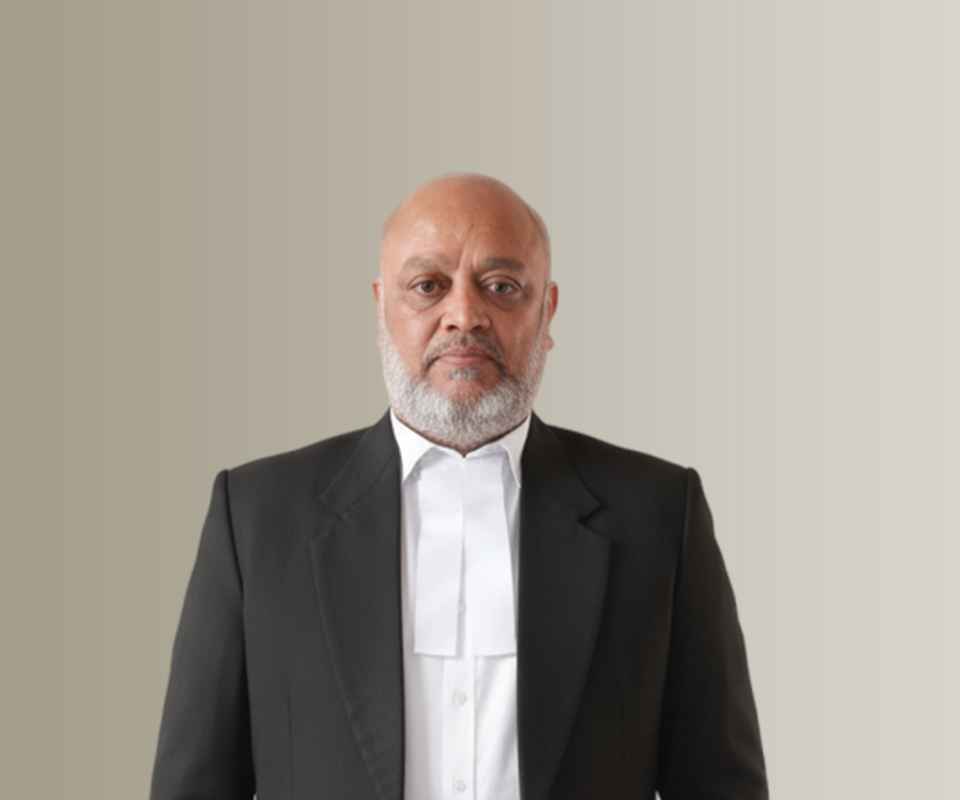Answer By law4u team
Yes, oral contracts can be enforced in breach of contract cases, but enforcing them can be more challenging compared to written contracts. The enforceability of an oral contract depends on several factors, including the nature of the agreement, the evidence available to prove the terms of the contract, and the specific circumstances surrounding the breach. Here’s a detailed explanation: What is an Oral Contract? An oral contract (also known as a verbal contract) is an agreement made between two or more parties where the terms are spoken and not written down. It can cover a wide range of agreements, such as those related to the sale of goods, services, or even personal arrangements. For an oral contract to be legally binding, it must meet the basic requirements of any contract, which include: 1. Offer: One party makes a clear offer to another party. 2. Acceptance: The other party accepts the offer unconditionally. 3. Consideration: There must be something of value exchanged, such as money, goods, or services. 4. Intention to Create Legal Relations: Both parties must intend to enter into a legally binding agreement. 5. Legality of Object: The subject matter of the contract must not be illegal. Enforceability of Oral Contracts Oral contracts are enforceable under Indian law (and in many other legal systems), as long as they meet the essential elements of a valid contract. However, the difficulty often lies in proving the terms of the contract and the fact that an agreement existed in the first place, especially if it is contested by the other party. Challenges in Enforcing Oral Contracts The main difficulty in enforcing an oral contract in the case of a breach is proving its existence and the specific terms. Some of the challenges include: 1. Lack of Documentation: Unlike written contracts, which can clearly outline the terms and conditions, oral contracts are more difficult to prove because there are no physical documents or written records. 2. He Said, She Said Situation: The parties to an oral contract may have conflicting recollections of what was agreed upon. Without tangible evidence, such as emails, receipts, or written communication, it can become a case of one party’s word against the other’s. 3. Witness Testimony: In the absence of written evidence, witness testimony might become crucial. If there are witnesses who were present when the oral agreement was made or who have knowledge of the contract’s terms, their testimony could help substantiate the claim. Proving an Oral Contract To enforce an oral contract in a breach of contract case, the plaintiff (the party seeking enforcement) would need to prove that the contract existed and was breached. This typically involves: 1. Oral Evidence: The party claiming the existence of the oral contract will have to rely on oral testimony from themselves and any witnesses who were present when the agreement was made. 2. Circumstantial Evidence: Even if there is no direct evidence, certain circumstantial evidence can be used to support the claim that an oral contract existed. This might include: Correspondence (e.g., emails or text messages) that confirm the existence of the contract or indicate the terms of the agreement. Part performance of the contract (e.g., one party started performing their obligations under the contract, like providing goods or services, and the other party received and accepted the performance). Payment or consideration made as part of the agreement, such as an upfront payment for a service. 3. Admission by the Other Party: If the other party admits the existence of the oral contract or its terms in writing (e.g., through text messages, emails, or other forms of written communication), it becomes easier to enforce. 4. Pattern of Conduct: The conduct of the parties involved (such as ongoing communications or exchanges) may also serve as evidence that an agreement was indeed made. Limitations on Oral Contracts While oral contracts can generally be enforced, there are some exceptions where a written contract is required by law. For example: 1. Contracts for the Sale of Real Property: Under the Indian Contract Act and other laws, contracts for the sale or transfer of immovable property (like land or buildings) must be in writing and registered. An oral contract for the sale of property is not enforceable. 2. Contracts that Need to Be in Writing (Under Specific Statutes): Certain types of contracts, such as those involving guarantees, contracts of partnership, or those covered under the Limitation Act (such as contracts that are subject to specific timeframes), may need to be written for enforceability. 3. Contracts that Involve Large Sums of Money: In some cases, oral contracts involving large sums of money (particularly where the amount exceeds a threshold defined under law) might be required to be in writing to avoid disputes. 4. Contracts Covered Under Special Laws: Certain contracts are governed by special statutes (e.g., the Sale of Goods Act or Consumer Protection Act) that may require certain formalities or written documentation. Breach of Oral Contract and Remedies If a party breaches an oral contract, the injured party has the right to seek remedies, such as: 1. Compensation for Losses: The party who has suffered due to the breach may be entitled to compensation for any losses they incurred due to the non-performance of the contract. 2. Specific Performance: In some cases, the party may ask the court for specific performance, where the court orders the breaching party to fulfill the terms of the contract. However, this is not always granted, particularly when the terms are difficult to define or enforce. 3. Rescission or Cancellation: If the breach is significant enough, the injured party might seek to rescind the contract and cancel the agreement. 4. Restitution: If the contract has been partially performed, the injured party may seek to restore the status quo, such as getting back any property or money paid under the contract. Conclusion Oral contracts can be enforced in breach of contract cases, but the challenge lies in proving their existence and the specific terms. Courts can enforce oral agreements as long as they meet the basic requirements of a valid contract and there is enough evidence (whether oral or circumstantial) to support the claim. While oral contracts are legally binding, written contracts provide more clarity and certainty, which is why they are generally preferred in business and legal matters. To avoid disputes, it’s always advisable to put agreements in writing, particularly for significant transactions or long-term commitments.









